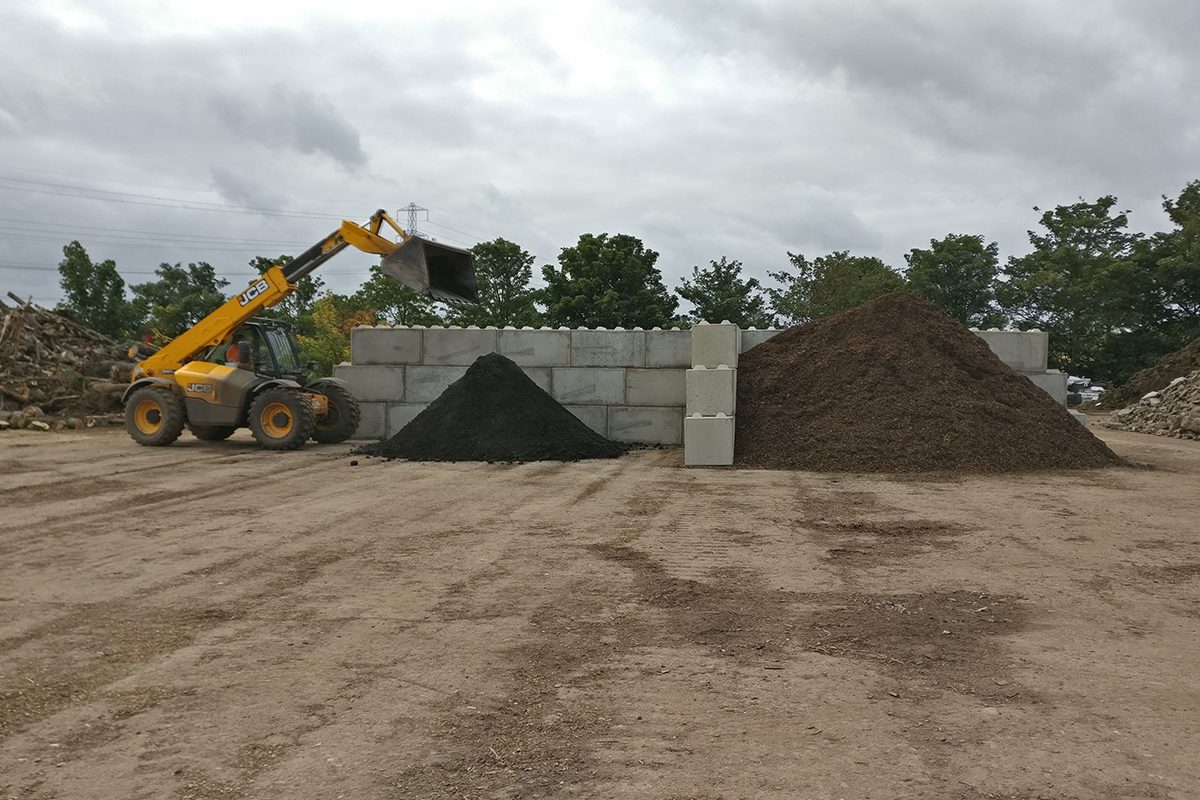
Zero Waste Scotland and the Scottish Government are helping the resource management industry meet the challenges of the coronavirus, allocating more than £820k in grants to waste management firms across the country to adapt in response to the pandemic.
A total of 40 businesses, covering 105 sites, will receive funding to upgrade infrastructure and equipment that will improve environmental performance and sustainability while implementing controls to prevent the spread of the virus.
The successful applicants chose to adapt a wide range of existing assets, including storage bays, welfare and office cabins, traffic management systems and improved signage, as well as install new equipment and machinery.
Iain Gulland, chief executive of Zero Waste Scotland, said:
“The pandemic has led to a unique set of challenges for the resource management sector. Waste streams have been disrupted and new processes have been brought in to allow staff to work safely.
“The effectiveness of our waste management sector has been vital during the pandemic. This funding has enabled businesses to make changes on-site to keep Scotland’s waste industry running as smoothly and safely as possible.”
The supply of welfare and office cabins will improve operational efficiency by allowing more staff and contractors to observe physical distancing and return to work. This boosts the volume of materials that can be processed.
Traffic management of vehicles and personnel will aid physical distancing and ease congestion in tight areas. Also, funding for new equipment will allow office staff to return to work remotely, ensuring all services are provided whilst maintaining space in offices for operational personnel.
The installation of new equipment will allow businesses to refocus and adapt their business model to deal with current market issues. In the longer term, this will help firms facilitate new market opportunities.
James Gray, project manager, Forth Resource Management said:
“Forth Resource Management received Zero Waste Scotland grants that enabled us to invest in infrastructural improvements in order for us to manage the significant increase in waste material generated during lockdown. It also allowed us to make the necessary changes to our sites to facilitate physical distancing for the protection of our staff and customers.
“Essentially, without these grants, FRM would not have been able to recycle all of the additional waste material generated and, most likely, this would have ended up in landfill.
“Going forward, this investment will aid FRM in our commitment to developing innovative circular economy solutions and to overcome the barriers in achieving this.”







